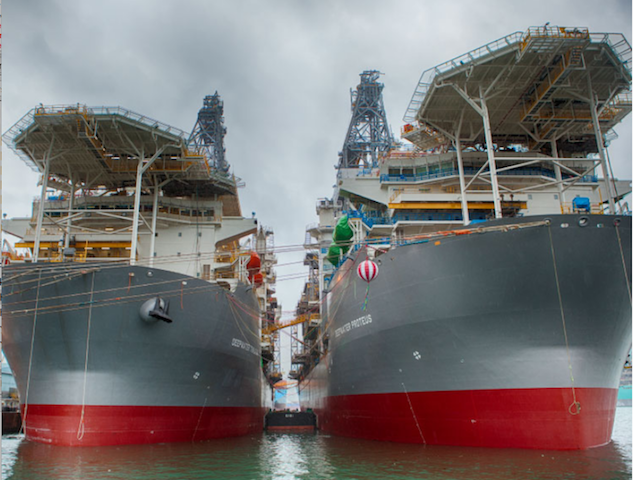The WorkBoat Composite Index lost about 11 points in September, or less than 0.6%. The PHLX Oil Service Index fell 22%. For the month, losers topped winners 17-11.
Drilling contractor Transocean lost a third of its value in September. During the company’s second-quarter earnings call in July, President and CEO Jeremy Thigpen discussed some of the challenges the company will face in the near to medium term.
“As we entered the year, we were optimistic that the ultradeepwater offshore recovery was beginning to take shape,” he told analysts in late July. “However, as a result of the pandemic, the current demand for hydrocarbons has fallen significantly, thus impacting offshore contracting activity.”
As a result, Transocean reduced its shore-based support costs, “to more closely reflect what we anticipate being our contracted rig fleet over the coming months,” Thigpen said. “We embark on this global reduction in force purely as a result of the unprecedented and unforeseen circumstances. We hope that we will be in a position to welcome many of these teammates back to Transocean as the offshore market recovers and we have solid visibility to sustainable growth.”
The cut in shore-support costs will save the company approximately $80 million annually. As a result of the cuts, the company recognized severance charges of approximately $12 million in the second quarter.
“We have accepted that a full scale recovery in the deepwater offshore market will not begin before 2021,” Thigpen said. “However, as the recent increase in oil prices has brought projects back into the fold, it has given us confidence that our customers will be ready to increase their offshore activity as oil prices continue to stabilize and become more supportive.”





